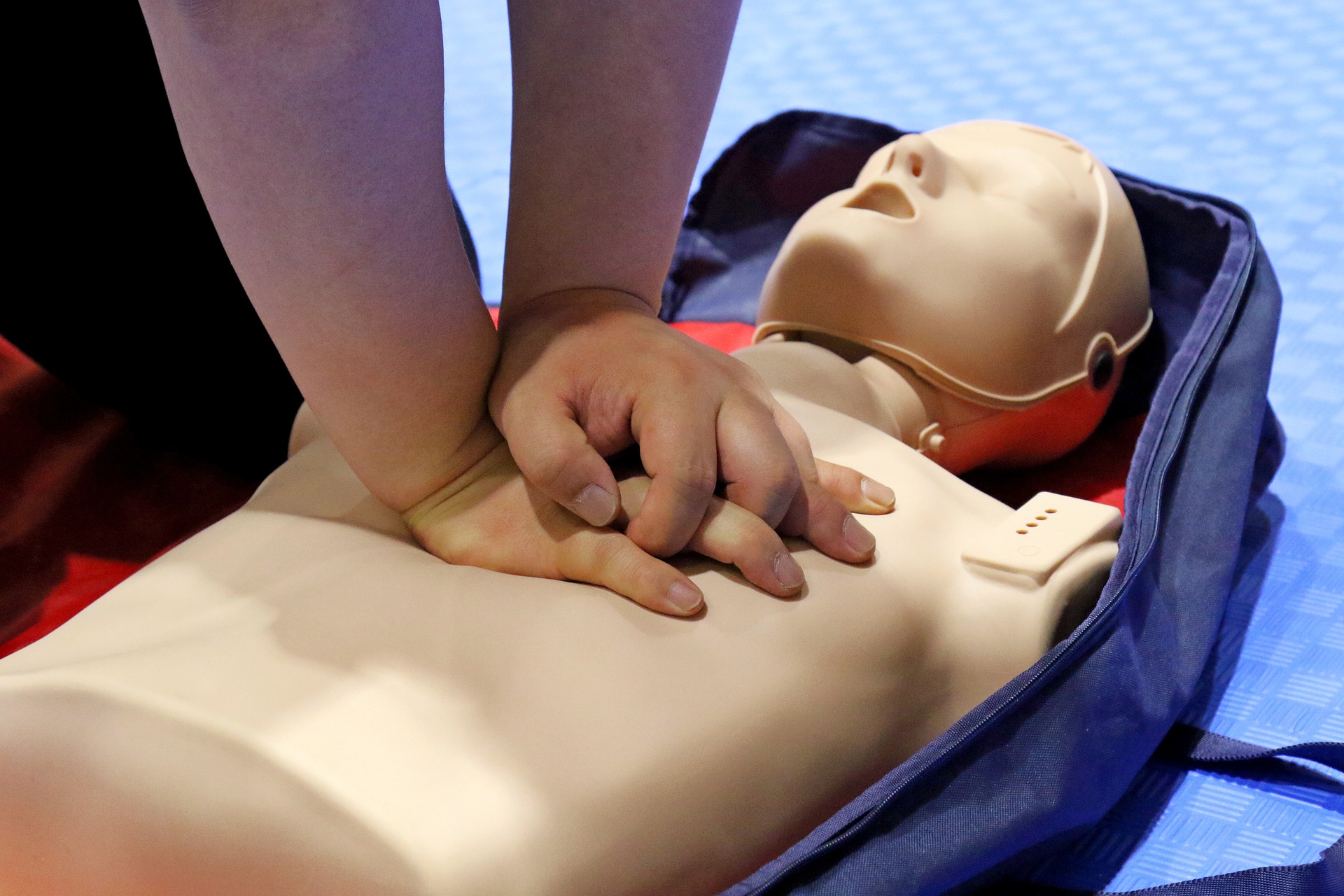The Importance of Learning Basic Life Support
Picture this: You’re walking down the street when, suddenly, someone collapses right in front of you. Panic sets in as bystanders gather around, unsure of what to do. Time is ticking away, and every second counts. This is where basic life support skills come into play – the knowledge and ability to provide immediate assistance that could mean the difference between life and death. In this blog post, we will explore the importance of learning basic life support and how it can empower you to make a profound impact in emergencies. If you plan on enrolling yourself in a BLS course, you might also want to consider enrolling in an ACLS course to get an acls certification.
Immediate Response
 When faced with a medical emergency, every second counts. The ability to provide an immediate response can be critical in saving someone’s life. Basic life support training equips individuals with the skills and knowledge needed to jump into action when it matters most. By learning basic life support techniques such as cardiopulmonary resuscitation (CPR), you become equipped to assess the situation quickly and effectively. You’ll know how to check for responsiveness, open airways, and perform chest compressions if necessary. These actions can help maintain vital blood flow until professional help arrives.
When faced with a medical emergency, every second counts. The ability to provide an immediate response can be critical in saving someone’s life. Basic life support training equips individuals with the skills and knowledge needed to jump into action when it matters most. By learning basic life support techniques such as cardiopulmonary resuscitation (CPR), you become equipped to assess the situation quickly and effectively. You’ll know how to check for responsiveness, open airways, and perform chest compressions if necessary. These actions can help maintain vital blood flow until professional help arrives.
Confidence and Empowerment
Confidence and empowerment are two invaluable benefits that come with learning basic life support. When faced with a medical emergency, having the knowledge and skills to respond effectively can make all the difference in the outcome. By taking the time to learn basic life support techniques, you gain confidence in your ability to handle emergencies. This newfound confidence allows you to stay calm and composed when others panic, enabling you to provide immediate assistance without hesitation. Moreover, knowing that you have the power to save someone’s life potentially instills a sense of empowerment. It reminds us that we possess the ability to make a positive impact in critical situations. This feeling of empowerment extends beyond just medical emergencies; it permeates into our everyday lives as well.
Increased Survival Rates
 When it comes to emergencies, every second counts. That’s why learning basic life support (BLS) is so important – it can significantly increase survival rates in critical situations. By having the knowledge and skills to provide immediate care, you can be someone’s lifeline during those crucial moments before professional help arrives. Performing CPR or using an automated external defibrillator (AED) correctly can make all the difference. Studies have consistently shown that individuals who receive prompt BLS interventions have a much higher chance of surviving cardiac arrest or other life-threatening events.
When it comes to emergencies, every second counts. That’s why learning basic life support (BLS) is so important – it can significantly increase survival rates in critical situations. By having the knowledge and skills to provide immediate care, you can be someone’s lifeline during those crucial moments before professional help arrives. Performing CPR or using an automated external defibrillator (AED) correctly can make all the difference. Studies have consistently shown that individuals who receive prompt BLS interventions have a much higher chance of surviving cardiac arrest or other life-threatening events.
Professional Requirements
When it comes to professional requirements, basic life support (BLS) training is often a mandatory prerequisite in various fields. This includes healthcare professionals such as doctors, nurses, and paramedics who deal with medical emergencies on a daily basis. However, BLS skills are not limited to the medical field alone. In today’s world, many jobs require employees to have at least some level of knowledge and training in basic life support. This can range from office environments, where accidents or health emergencies can occur unexpectedly, to industries such as construction or manufacturing, where the risk of injury is higher. Employers recognize the importance of having employees trained in BLS, as it can save lives in critical situations.
So why wait? Take action today by enrolling in a basic life support course near you. Equip yourself with the knowledge and skills needed to save lives – because every second counts when it comes to emergencies. Remember: Learning basic life support could mean being someone’s lifeline when they need it most.…

